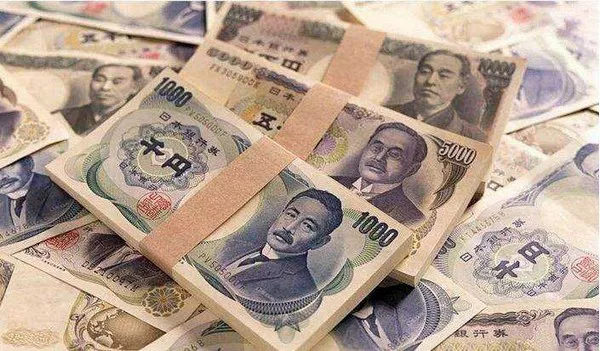Japanese authorities are always in close communication with U.S. counterparts on currencies and share a mutual understanding that excessive volatility is undesirable, Tokyo’s top foreign exchange official said on Wednesday.
Masato Kanda, vice minister of finance for international affairs, speaking to reporters at his office, was responding to the comments by U.S. Treasury Secretary Janet Yellen a day earlier.
Yellen said whether Washington would show understanding over another yen-buying intervention by Japan “depends on the details” of the situation.
“We won‘t rule out any options if excessive moves persist,” Kanda said.
Kanda’s latest verbal intervention underscores policymakers’ concerns about a persistently weak yen, which inflates the cost of living for households through higher import bills and businesses that rely on imports of raw materials.
To help households cope with higher living costs, Prime Minister Fumio Kishida’s government plans a supplementary budget for this fiscal year, which could aggravate the industrial world’s heaviest debt burden.
Last September, Japan conducted its first dollar-selling intervention to prop up the yen in 24 years as the dollar reached around 145 yen to the dollar.
Authorities intervened twice in October as the dollar reached close to 152 yen. They have stayed out of the market since then but occasionally fired off verbal warning to support the yen.
The Group of Seven (G7) nations require that member states inform their counterparts if they intervene in the currency market.

























